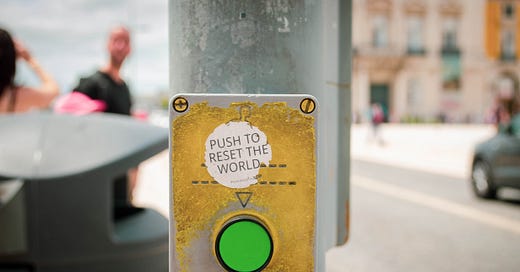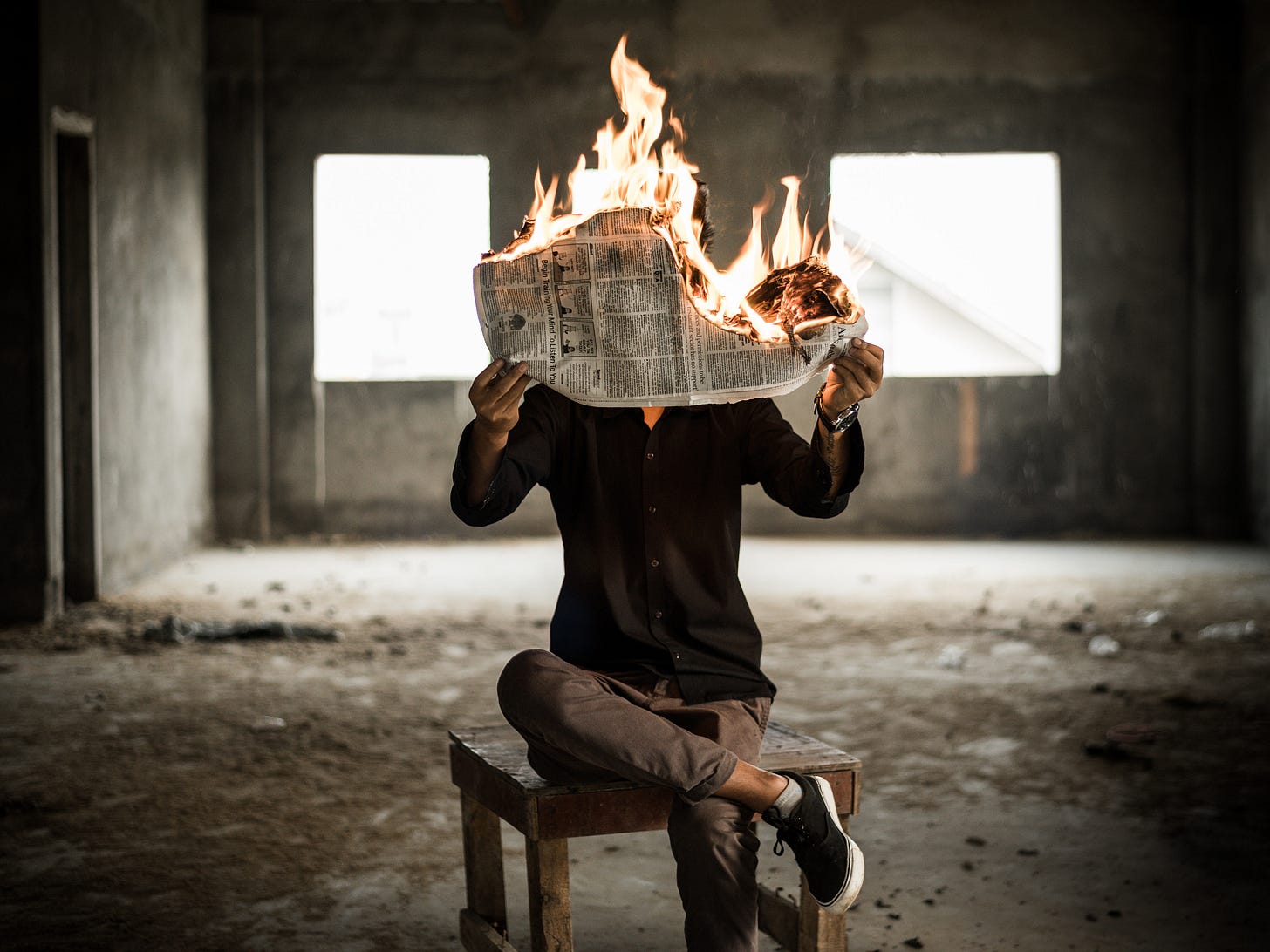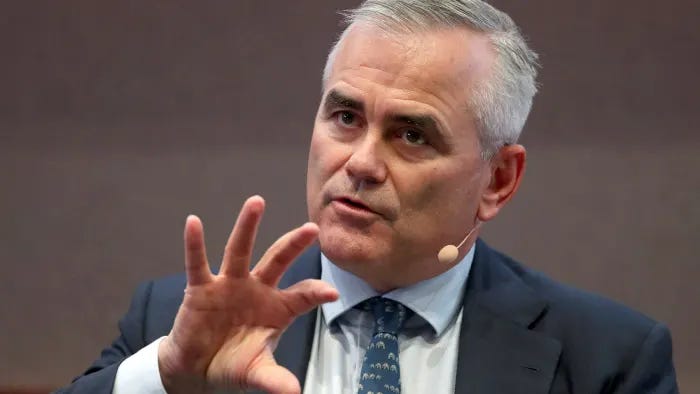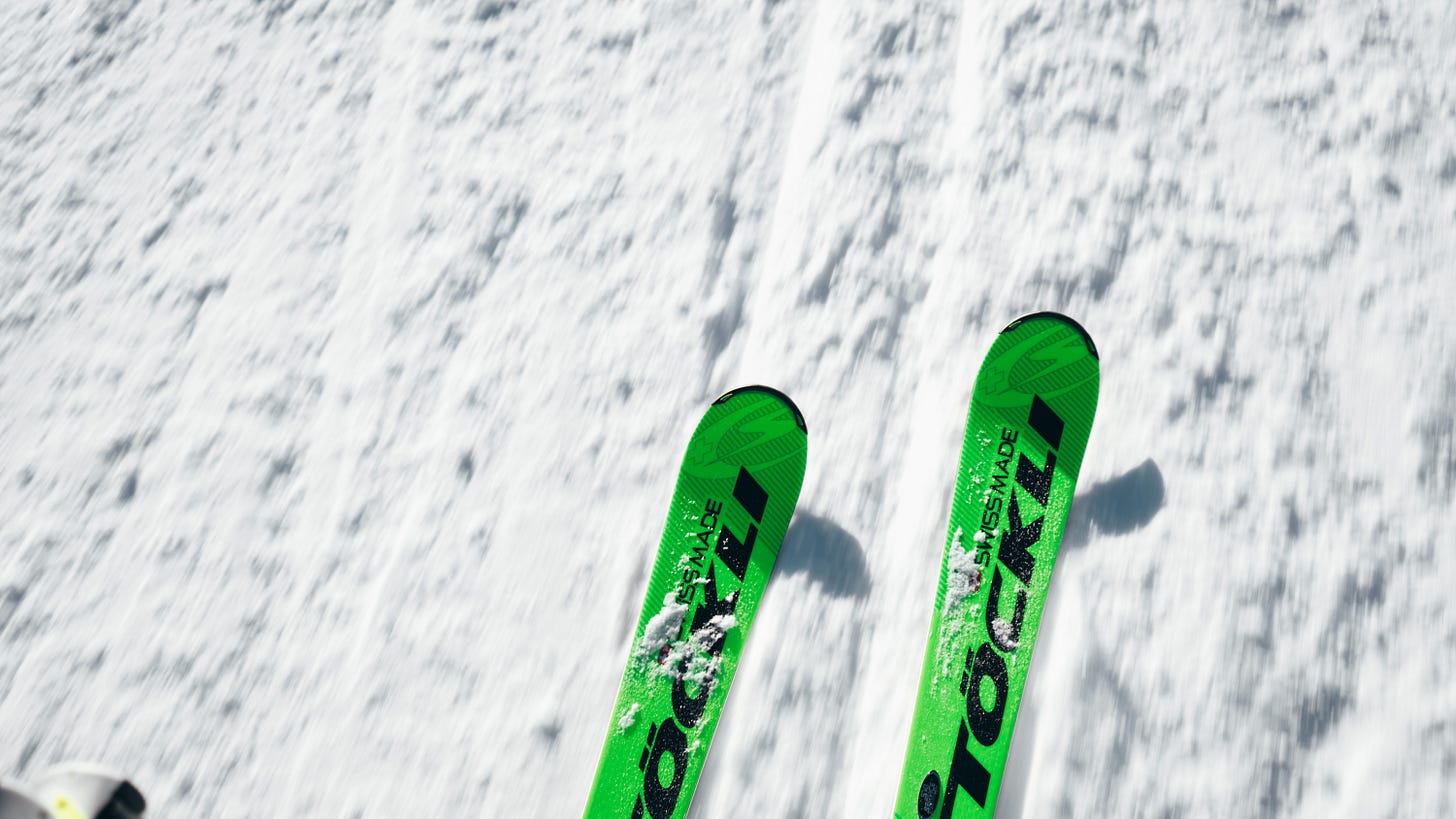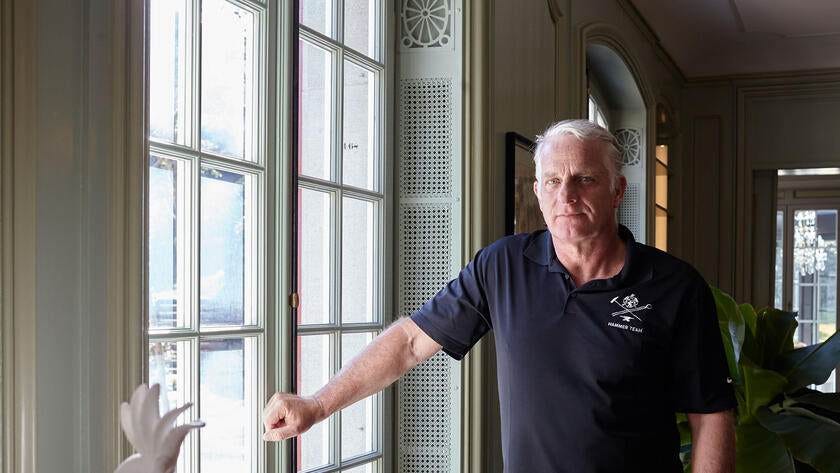Dear Insiders,
Today we reset The Swiss Insider.
Since the world in 2020 went head over heels in confusion and corona-fueled craziness, we have been swept away strange currents of the strange new world we are currently living in. (One of several reasons we did not write for a while…)
In the process, many of us have lost all sense of time, of proportion - and of control. With uncertainty on every side - it’s hard to keep an eye on the details. Who has time for them anyway?
Meanwhile - we find ourselves asking more questions than ever before. What is going? 🤔 Why are things the way they are? 🤔 What has changed - and how will it change in the future? 🤔 The answers to these questions are often hard to find - especially in a world where so much is interconnected, with so many moving parts and interdependent forces at work. Nothing is as simple as it might seem.
You could almost say it’s like the insides of a Swiss watch - the many gears and springs powering each other, some shiny parts more visible than others, some elements (powerful ones) completely hidden from view. In 2020, the inner workings of the world got all out of whack…to say the least.
Many of us still hope for some kind of magical return to normalcy. Some - like World Economic Forum founder Klaus Schwab - aim for a great reset of the world order.
And in some ways - that is right. We can try to reset our world(s), to restor order, wind them up again and align the hands in the direction they should be. At the same time, it’s worth considering just what drives the world (big or small) that we inhabit. If some parts of it are broken or destroyed, they need to be repaired…or maybe improved?
It’s worthwhile considering what really makes it all tick?
As we start the new year - and restart The Swiss Insider - we will focus on exactly that: what makes Switzerland tick?
No, this will not be an exhaustive survey of news, nor a boring recap of top headlines. These are the smaller, finer points - some of them less visible to the eye, some seldem notices by outsider - which make Switzerland and Swiss business work.
The Briefing
Burning news from around Switzerland - bit by bit…
In schoggi we (do not) trust 🍫
Chocolate has been part of the Swiss identity for generations. As part of the traditional triumvirate (chocolate, cheese and watches) the industry has served an integral role in the country’s export-heavy economy (70% of chocolate products are sold internationally). Now corona serving up a bitter pill.
With revenues down by 15-20% and fewer tourists passing through Swiss airports (where duty free shops do strong business by pushing the country’s trademark sweets) chocolatiers face a growing challenge. Domestic consumption can only do so much - and even while it has remained strong in sales of milk chocolate - buyers of pricier pralines have dropped off. Handling individual pieces of chocolate does not seem desirable under the current threat of covid infections.
Underwelming sales aren’t the only challenge facing chocolate makers. Child labor in cocoa plantations is also an ongoing source of angst for producers. Despite its promise (in 2001) to eliminate child labor from its supply chain, Barry Callebaut - the world’s largest producer of chocolate - has still identified over 23 000 cases of child labor in its network of suppliers. This should eventually be eliminitated, according to boss Antoine de Saint-Affrique.
What it means: The double pressure of higher standards and ethical expectations combined with worldwide disruption to supply chains and travel patterns will force day-to-day luxury goods like chocolate to innovate in production and distribution.
Swiss and chemically safe 💦
What does Swiss quality mean in corona times? Among other things, safety and security - even in the face of an unseen enemy. And for the Swiss hospitality industry that means cleanliness to the max. One hotel that is taking safety and security to heart is the W Hotel (by Marriott) in Verbier.
The luxury stop for tourists (and locals) in western Switzerland has announced it will employ a substance called HeiQ Viroblock to clean and protect its rooms and open spaces from the covid-19 virus. The chemical’s ingredients contain, among other things, significant amounts of silver and the Viroblock is used over 300 well-known brands, including Burberry and Mammut, to ensure a high level of cleanliness in stores and other public locations. HeiQ is reported to protect against germs for 30 days.
What it means: More innovation is needed to protect the lucrative Swiss tourism industry - especially if covid keeps hanging on. However, mom-and-pop locations will not be able to employ the same measures as top venues.
Feeling smarter (already) ?
Let others know about The Swiss Insider…they’ll thank you. 😀
Keep calm and bank on it 💸
Thomas Jordan is no pushover. The Swiss central banker with “nerves” (and not only…) of steel faced down questions about the future of Swiss monetary policy after the United States announced that it had added Switzerland to its list of countries that manipulate their currencies. His point: while the country does ‘technically’ fulfill the US definition of a currency manipulator, the circumstances which lead the Swiss National Bank to intervene on money markets are exceptional.
Now with hopes of a better relationship with incoming US Treasury Secretary Janet Yellen, it is more than likely that the ‘keep calm and carry on’ attitude will work out just fine.
What it means: Jordan will win fans at home with his tough stance. Hopefully, the US will realize that its main foe in money market manipulation is located further to the east… A courageous line with the US may just distract from accusations of gender discrimination within the central bank.
To their “Credit” 🔢
Credit Suisse has had a tough year. Despite a boost in domestic popularity thanks to its homespun CEO and his efforts to support Swiss businesses during the pandemic, the numbers still don’t add up to a rosy picture.
Investigations into money laundering for Bulgarian criminals, a lagging share price (down 14% on the year) and leftover fines from previous missteps (more than $1bn in total) - not to mention bad bets on Luckin Coffee and Wirecard - all put Thomas Gottstein in a pinch.
And yet - Gottstein puts on a brave face and recently declared that CS would aim to boost wealth management profits by 25% while also increasing its dividend by 5%. Maybe he will just be able to pull it off…
What it means: With lingering talks of a UBS/Credit Suisse merger still swirling, it is in the banks interest to show solid results - and at least a short string of positive news. Less than ambitious targets would help achieve that aim.
The Scoop
A closer look at lesser-known topics…
Picture (im)perfect
In the face of a 2nd coronavirus wave, Swiss Health Minister Alain Berset made the controversial decision to not close down the country’s ski resorts. Neighbouring countries, including Germany, France and Austria took a different route - and criticism of Berset’s decision was strong.
On the outside - the thick-skinned minister did not flinch. Now some evidence suggests that there were grave concerns over the long-term reputational risks of bucking the trend on winter sports availability. While Berset publicly declared that “Switzerland would not be moved by international pressure” - he also privately warned of countermeasures being taken by the countries roundabout.
Rethinking (almost) everything
Corona hasn’t been kind to media companies. CNN Money, the ambitious English-language project with a big brand name, went belly-up this year. One victim was Patrizia Laeri, who was set to take over as Editor-in-Chief and motor behind a female-focused program.
Now Laeri has her own platform - #DACHElles - a place in the spotlight, and - plenty of critics. The well-known moderator and former SRF Business reporter has put together a unique program, published on YouTube, in keeping with the current times.
But not everyone sees the need for a new take on things. While discussions on economic topics with an all-female team do certainly break some molds, the question remains, whether it can succeed - where others (like CNNMoney) have failed.
By the Numbers
All the numbers that matter…
88%
The past year saw a nearly 88% increase in the number of firms that failed, with a total of 2 490 businesses falling into bankruptcy.
46 842
2020 was also a boom year for new companies - as many (mostly younger men) took it upon themselves to try their hand at entrepreneurship. Nearly 1/4 of those new firms sprang up in the northwest part of Switzerland.
CHF 88 400+
How high can a stock price go? Just ask Lindt & Sprüngli, whose single share price currently exceeds CHF 88 000. The Swiss chocolatier has worked hard to make itself the 2nd most valuable stock in the world - despite being only the 2nd-largest Swiss chocolate company.
CHF 178
Covid vaccines are the hottest topic in news these days. They also have a way of affecting stock prices - sometimes. Moderna, one of the handful of companies to bring a product to through the tortuous process of certification, has seen its stock price reach a high of over CHF 175. That is a far cry from the amount that Swiss private bank Pictet is reported to have paid (along with others) in June 2012 - approximately CHF 1-5.
The Profile
An in-depth look a singular personality from Switzerland. This week the focus is on Ariel Lüdi - a former stuntman turned investor and accelerator superman.
Ariel Lüdi has had the best of both worlds. He makes the best of them too.
The battle-tested entrepreneur and investor got his start in the exciting world of risk-taking while working as a stuntman in the US. His introduction to the dynamic world of software came at Oracle where he worked his way up into the upper ranks of the company - before going on to take another, smaller firm named Hybrid through the labyrinth of near-death and hyper-growth - from 12 to over 700 employees and an eventual exit to SAP for $1.5 billion.
Today, the native of Canton Argau operates out of Cham, a sleepy suburb next door to the more well-known city of Zug. Here, among tax relief seeking millionaires (and billionaires) as well as tech startup founders, Lüdi puts his considerable experience and thirst for success to good use with his startup accelerator under the name of The Hammer Team.
What other name could be more appropriate for a hard-hitting moonshot-minded investor?
The hammer that Lüdi and his team employ happens to be in the CHF 5-10 million range - just the size that seems to be missing in the Swiss startup scene. Where normal angel investors dare no more to go, and the high and mighty VC funds do not deign to consider - The Hammer Team is ready to make a difference and take young firms to the next (hopefully lucrative) level.
Lüdi himself has invested in over 20 startups. With a focus on Swiss quality and a dash of American style marketing - he lights a fire and works to make it ignite.
After seven years of work, Lüdi’s bets may now begin to pay off. Some of them, including Swiss star Beekeeper, the industrial communications startup, have profited mightily from corona’s massive push towards digitalization.
In an era when more than the usual number of startups go belly-up, hitting home runs would be a real stunt indeed.

